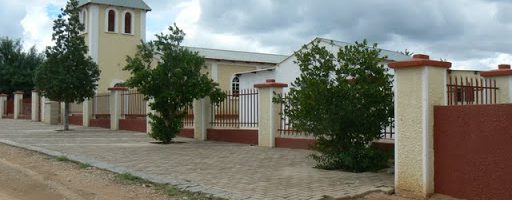Intro: a long drive around this seemingly endless and empty country reveals much natural beauty and on closer inspection a modest LGBT population struggling to re-invent itself and advocate for recognition and rights. They are spirited, courageous and determined to bring justice for LGBT citizens and education for the whole country
Namibia is a country in southern Africa on the Atlantic coast. Once a colony of Germany and later occupied by South Africa’s apartheid government, Namibia gained full independence in 1990. Namibia is the least densely populated country in the world (2.5 inhabitants per square kilometre (6.5 /sq mi). Namibia’s economy consists primarily of mining and manufacturing. It’s the fourth largest exporter of non-fuel minerals (lead, zinc, tin, silver, and tungsten) in Africa and a major producer of uranium. Sodomy is illegal in Namibia, and is punishable with prison time but homosexuality is not illegal. Treatment of gays ranges from social ostracism to (rare) physical attacks. In rural Namibia about 80 percent of (closeted) gay men and lesbians were forced by tradition to marry and have children. However, pro-gay rights groups, such as Sister Namibia, Out-Right Namibia and LGBT Network Namibia operate freely in Namibia’s major cities. Generally the climate for gays has improved since a new president, Hifikepunye Pohamba, was elected in 2004 and again in 2009.

Gay Life in Namibia
Intro: a long drive around this seemingly endless and empty country reveals much natural beauty and on closer inspection a modest LGBT population struggling to re-invent itself and advocate for recogniton and rights. They are spirited, courageous and determined to bring justice and education for LGBT citizens. In 2016 the city of Swakopmund on the

